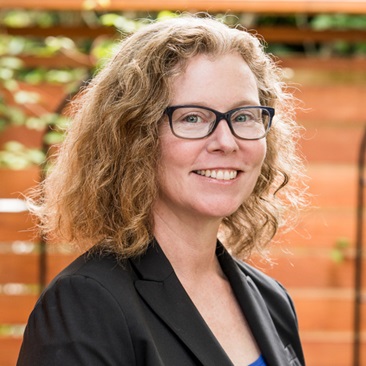full-time faculty teaching and conducting research in political science
of Maxwell faculty conduct research focused outside of the U.S.
graduate students in residence; fewer than 12 admitted each year
Undergraduate Studies
Graduate Studies

I am Maxwell.
Civic engagement is a core value for me. I have always aspired to help the communities I’m from.” Mazaher Kaila, a Maxwell alumna and third-year student at Syracuse University's College of Law, moved with her family from Sudan to Central New York when she was four years old. “I realized that to make meaningful change in society, I needed to understand the systems that power it—government and politics—and that’s insight I would gain by studying political science.”
Mazaher Kaila ’19, L’22
political science, law
Faricy Comments on the State of Negotiations on Funding the Government in Spectrum News Article
September 13, 2023
Spectrum News
The government could shut down on Sept. 30 unless the House and Senate can come to an agreement to try to fund the federal government before the fiscal year 2024.
Speaker of the House Kevin McCarthy (R-Calif.) has floated a short-term stopgap funding measure to fund the government, but with such a narrow majority, he has very little room for error.
“There are enough moderate Republicans in the House, along with Democrats in the House, to pass a spending bill out of the House that they know the Senate Democrats, which control the Senate, would agree to,” says Chris Faricy, associate professor of political science.
“But in doing that, you risk a backlash from the Freedom Caucus,” he continues. “And in the past, that backlash might be something that the speaker would kind of endure just to get something through, but Speaker McCarthy is in the position where the Freedom Caucus has teeth, where they could actually bring a vote to oust him from speaker.”
“It really is a delicate situation for the House speaker,” Faricy adds.
Read more in the Spectrum News article, “‘It’s a pretty big mess’: Tensions rise over spending levels as shutdown looms.”
Related News
Commentary

Aug 1, 2024
Commentary

Jul 31, 2024
Commentary

Jul 30, 2024
BaoBao Zhang Joins First Cohort of AI2050 Early Career Fellows
One of only 15 scholars chosen from across the U.S., Zhang will receive up to $200,000 in research funding over the next two years. Zhang will use the funding to partner with the nonprofit, non-partisan Center for New Democratic Processes to test whether public participation in AI governance is increased through the creation of public assemblies, known as “deliberative democracy workshops.”
Baobao Zhang
Assistant Professor, Political Science Department

Faricy Comments on the State of Negotiations on Funding the Government in Spectrum News Article
September 13, 2023
Spectrum News
The government could shut down on Sept. 30 unless the House and Senate can come to an agreement to try to fund the federal government before the fiscal year 2024.
Speaker of the House Kevin McCarthy (R-Calif.) has floated a short-term stopgap funding measure to fund the government, but with such a narrow majority, he has very little room for error.
“There are enough moderate Republicans in the House, along with Democrats in the House, to pass a spending bill out of the House that they know the Senate Democrats, which control the Senate, would agree to,” says Chris Faricy, associate professor of political science.
“But in doing that, you risk a backlash from the Freedom Caucus,” he continues. “And in the past, that backlash might be something that the speaker would kind of endure just to get something through, but Speaker McCarthy is in the position where the Freedom Caucus has teeth, where they could actually bring a vote to oust him from speaker.”
“It really is a delicate situation for the House speaker,” Faricy adds.
Read more in the Spectrum News article, “‘It’s a pretty big mess’: Tensions rise over spending levels as shutdown looms.”
Related News
Commentary

Aug 1, 2024
Commentary

Jul 31, 2024
Commentary

Jul 30, 2024
